Best Cities in the Country for Tech Startups and What Got Them to the Top
Is this the beginning of the end for Silicon Valley?
By Alexandra Pacurar, Associate Editor
The U.S. Chamber of Commerce and 1776, a global incubator and seed fund supporting startups, published a new report that shows just how prepared U.S. cities are to make the switch to a digital economy. The 2016 Innovation That Matters study evaluated 25 cities in terms of talent/workforce, capital, industry specialization, density, connectivity and culture.
While many would guess Bay Area would undoubtedly take the top position, it seems that Boston is the best city in the country for tech startups, leaving last year’s leader on the second position. Denver, Raleigh-Durham and San Diego complete the Top 5 list.
This year’s report is a more extensive and comprehensive study compared to the research conducted in 2015 and has a more practical side to it. “Our report last year was meant to establish the basic foundation of our research: that success in the new wave of the digital economy relies on building broad, collaborative communities that integrate startups with other community institutions such as local corporations and city government. This year, we built on that foundation to provide a framework for city leaders to effectively do this,” said Patrick McAnaney, lead researcher for the report.
Boston—a (not so) surprising rise
The Hub ranked number one thanks to its collaborative community and quality of life. Powered by world-renowned education institutions such as Harvard and MIT, Boston’s tech sector employs the second-largest number of specialists after Silicon Valley, JLL’s Technology Office Outlook 2015 reports finds. Actually, when it comes to the talent pool here, 43.4 percent of the population has at least a Bachelor’s degree. In its 2015 report, the Boston Redevelopment Authority Research Division states that the city’s high tech sector has seen a constant growth of nine percent each year since 2010.
Boston is also a pivot for medicine and this also weighed heavily in the report issued by 1776. The Innovation That Matters 2016 study names healthcare as the number one axis for tech startups, with 60 percent of new companies in digital industries focusing on this sector. Boston also ranked high in terms of capital (same number of points as Bay Area, occupying the top spot), both “general” and “next wave” (funding for new digital economies like Ed Tech or Smart Cities).
Funding the health and medical research sector in Boston seemed to be a national priority. In 2014, Massachusetts received $2.4 billion in research funding from the National Institutes of Health (NIH), which translates into almost $359 per capita, almost five times the national average. When it comes to Boston in particular, the city received the most NIH funding in the country for the 20th consecutive year.
With a great talent pool and consistent capital, the Greater Boston area is a competitive tech startup hub with a great opening towards the new wave of digital industries: education, energy, health and smart cities. However, success is not guaranteed on the long term. “Success today will not guarantee success tomorrow, and all cities will have to make an enormous effort in order to secure their future economic prosperity. Boston is certainly well positioned compared to other cities, but it has room to improve as well, for example in connecting its startup community to established corporations (it finished 21st in this metric),” Patrick McAnaney told Commercial Property Executive.
Bay Area—is Silicon Valley going down?
U.S.’s traditional tech startup center, the Bay Area has ranked high in almost all the sections of the Innovation That Matters 2016 report: educated and skilled workforce, capital, new wave of startups, and dense community for growing businesses. However, the competitive nature of the region, which drives its development, might also be “killing” it.
The Bay Area scored few points when it came to the integration of lifestyle and key actors in the community. High living costs are scaring off young professionals, while entrepreneurs wish for a more compact economic community. “There are real warning signs that the Bay Area is going to need to address if it wants to maintain its dominant position moving forward. A hypercompetitive community and anti-institutional mindset will make it hard to foster the type of collaboration needed to achieve success in the next wave of the digital economy. Rising living costs will reduce quality of life and make the Bay Area more insular and less connected to the outside world,” said McAnaney.
Adaptation is the keyword here. The Bay Area’s institutional and governmental ecosystem should pay closer attention to the needs of stakeholders in the digital economy world. This will ensure a similar effervescence in the tech startups game. “A focus on the advertising-centric “Freemium” business models of the past 15 years instead of the new business models of the future could become a problem. These are all issues that can be addressed, and we certainly wouldn’t bet against the Bay Area given its success over the last several decades. But in a time of profound economic change, not even the famed Silicon Valley should assume that future prosperity is guaranteed,” Patrick McAnaney said.
Denver—a Boulder-solid base
Denver took the bronze medal in the Innovation that Matters 2016 report and it’s all due to the “people” factor. The city scored high at sections such as talent, connectivity and culture. From a micro perspective, it is safe to say that Denver is doing great on the “emotional intelligence” side of the business. Young professionals are attracted to the city, startups, corporations and institutions work well together, and all aspects regarding lifestyle are encouraging new companies to open offices here.
With 361 startups and 216 exits in the last year, Denver has one of the best ratios from all the 25 cities in the research. Boulder is definitely the most popular tech hub in the Denver Metro area. With major projects from tech giants such as Google (who recently started the second phase of its $150 million office development plan), the city offers the perfect environment for a startup. Take SendGrid, for example. The company recently announced it’s moving out from Boulder and into Denver, with expansion plans. With customers such as Uber and Airbnb, SendGrid plans to double its staff.
And speaking of Boulder, the Techstars program—a mentorship-driven startup accelerator—is also playing an important part in the picture. This year, 11 startups in sectors such as healthcare, real estate and education joined the initiative that already counts 99 companies as “graduates”. Strong population and job growth provide a solid base for developing businesses. If we add up the growing number of Millennials moving into Denver Metro area and the support platforms such as Techstars, it’s easy to see why Denver made it so high up in the ranking.
Building innovation economies involves both technical challenge and community building. People need to work together around a common goal for the region and this is how Denver is making it happen.
Raleigh-Durham—a welcoming hub
Raleigh-Durham is another surprise in the final hierarchy of best cities for tech startups. The area was revealed as the most attractive place in the country for entrepreneurs in terms of mindset and lifestyle. This includes openness to new ideas, quality of life and regulatory environment. The fact that health tech startups are an important share of the city’s digital entrepreneurship shows that the new wave of tech businesses are very much welcomed here. Still, the study indicates that there is room for improvement in the Ed Tech and Energy Tech sectors.
The urban area ranked at number three in terms of connectivity, an essential factor that drives development and progress in the tech startup world—in other words: how key actors such as universities, professional services firms, investors, corporations, civic institutions and citizens are all working together. However, though universities are seen as the “crown jewel of the region”, the Innovation That Matters report shows that entrepreneurs are more connected with local corporations, mentors and advisors, rather than higher education facilities.
A high density of startup activities and a deep talent pool are also strong points that put Raleigh-Durham in the first five cities of the nation that welcome tech startups. Still, there has been a drop in the percentage of young people living in the area, but this dynamic can be reversed.
San Diego—the new San Francisco
Emerging as the new pearl jewel of tech startups of the West Coast, San Diego ranked fifth in the Innovation That Matters hierarchy and its assets seem to be the same as the ones that made Bay Area runner up: talent, capital and density. In addition, San Diego offers a lower cost of living, probably the number one reason why tech startups are leaving San Francisco.
Recently, Andrew Gazdecki, founder & CEO of Bizness Apps, explained in an article for Tech Crunch on why he left San Francisco for San Diego to continue developing his mobile app platform. He named the extremely competitive recruiting process and long commutes as the main reasons for his decision, backed by the high living costs. It seems that San Diego offers similar capital and interest in the tech startup businesses, but with greater opportunity for affirmation.
And Gazdecki is not the only one who relocated his company. The Silicon Valley Competitiveness and Innovation Project 2016 report found that,for the first time since 2011, net domestic migration in the area was negative, which meant the number of people that left the region was higher compared to the number of people that arrived.
Though surprising, this year’s results of the Innovation That Matters research were well justified. While many would have expected more from cities such as New York or Seattle, known for their sizzling startup activity, it seems that local entrepreneurs see the small rifts that make the difference. “Several cities known for their startup activity—the San Francisco Bay Area, New York, and Seattle, in particular—performed poorly in our survey of local entrepreneurs when we asked about how connected the community is and how conducive local culture is to entrepreneurship. This was the reason these cities placed lower in the rankings, while other cities such as Boston, Raleigh-Durham and Denver did better than anticipated,” McAnaney said. Given the fast-changing rhythm of the digital economy, it is almost impossible to outline long-term predictions, but this year Boston definitely got our attention.
Image courtesy of 1776

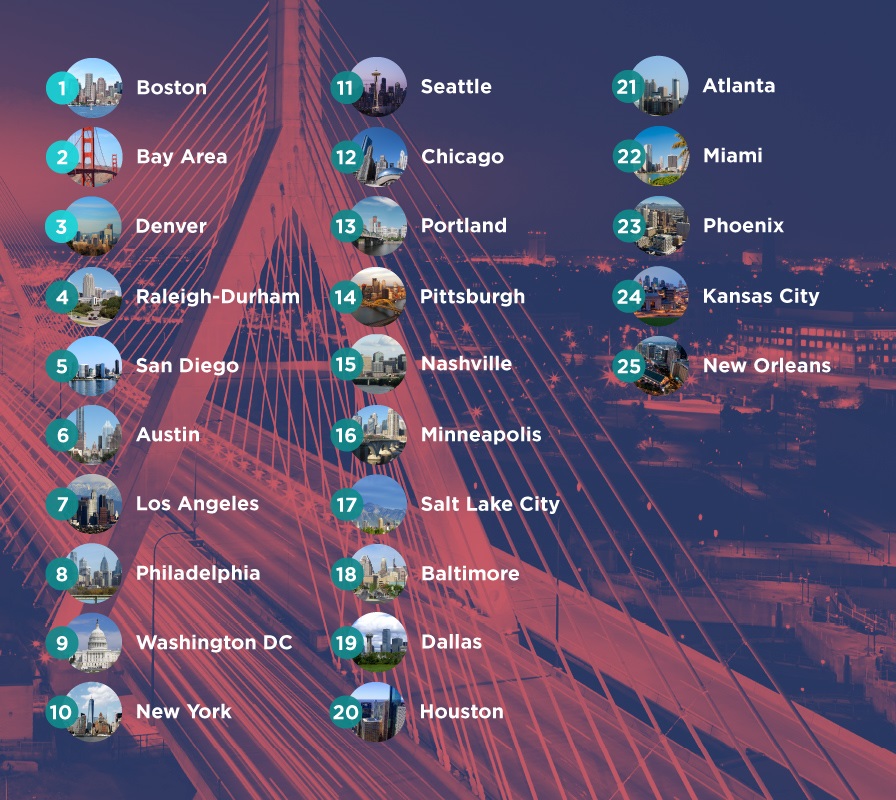

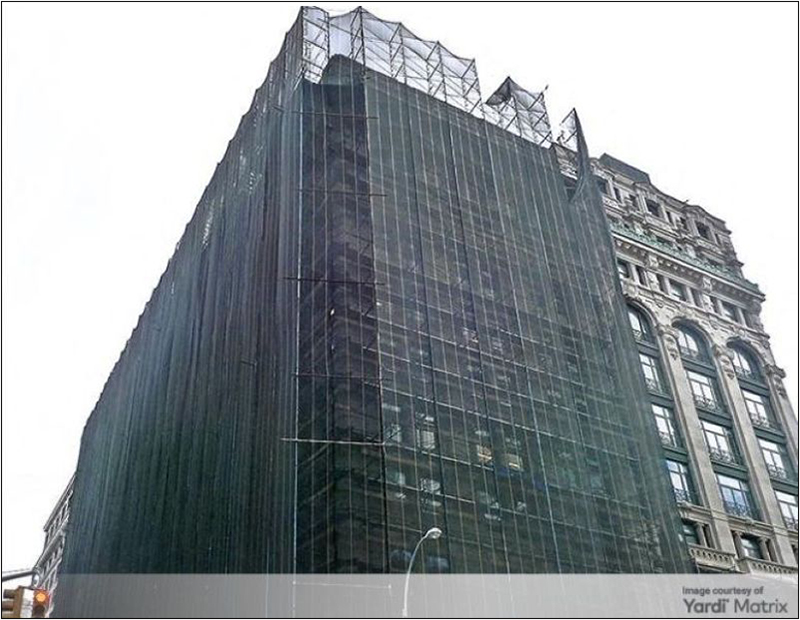
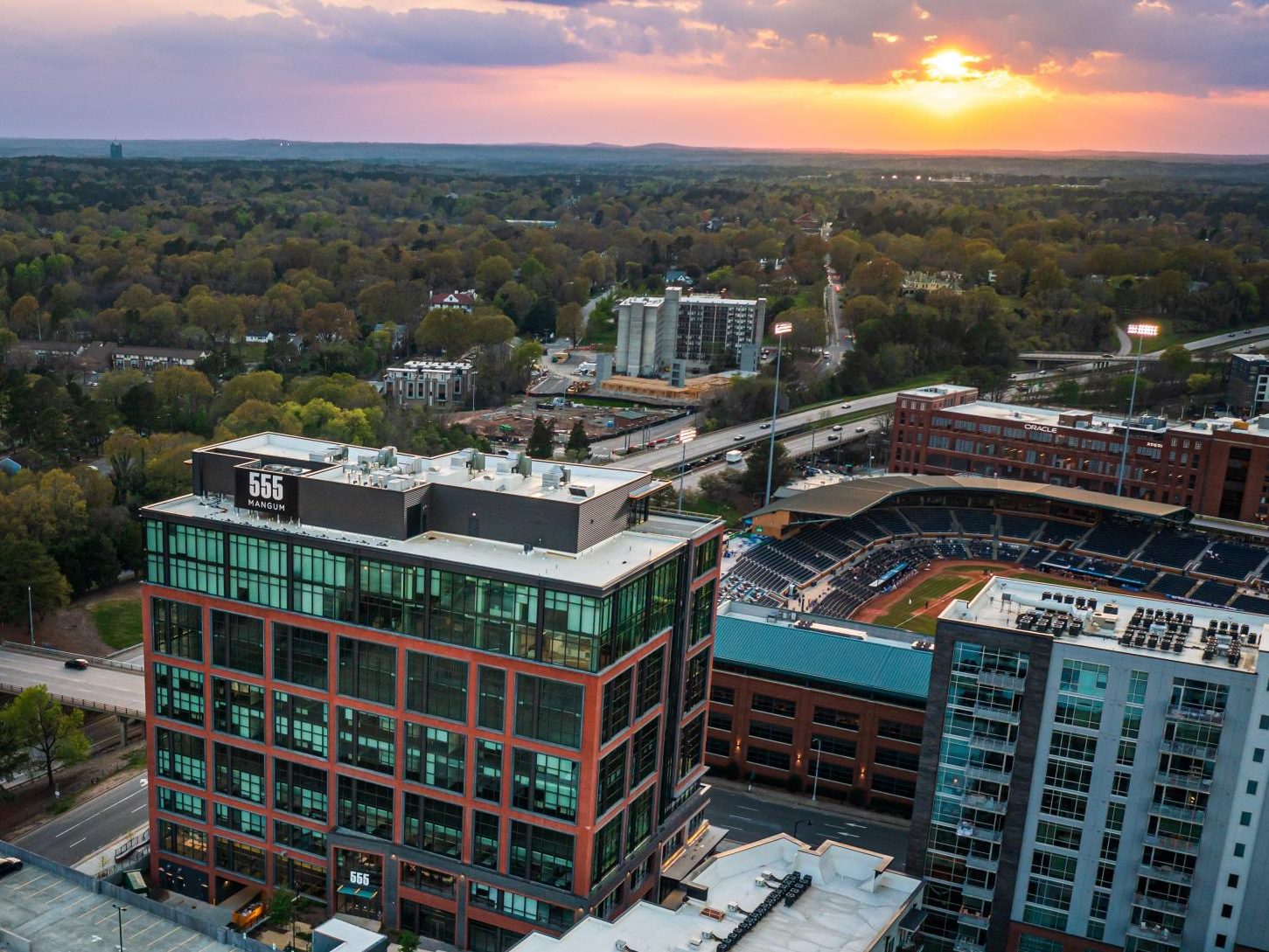
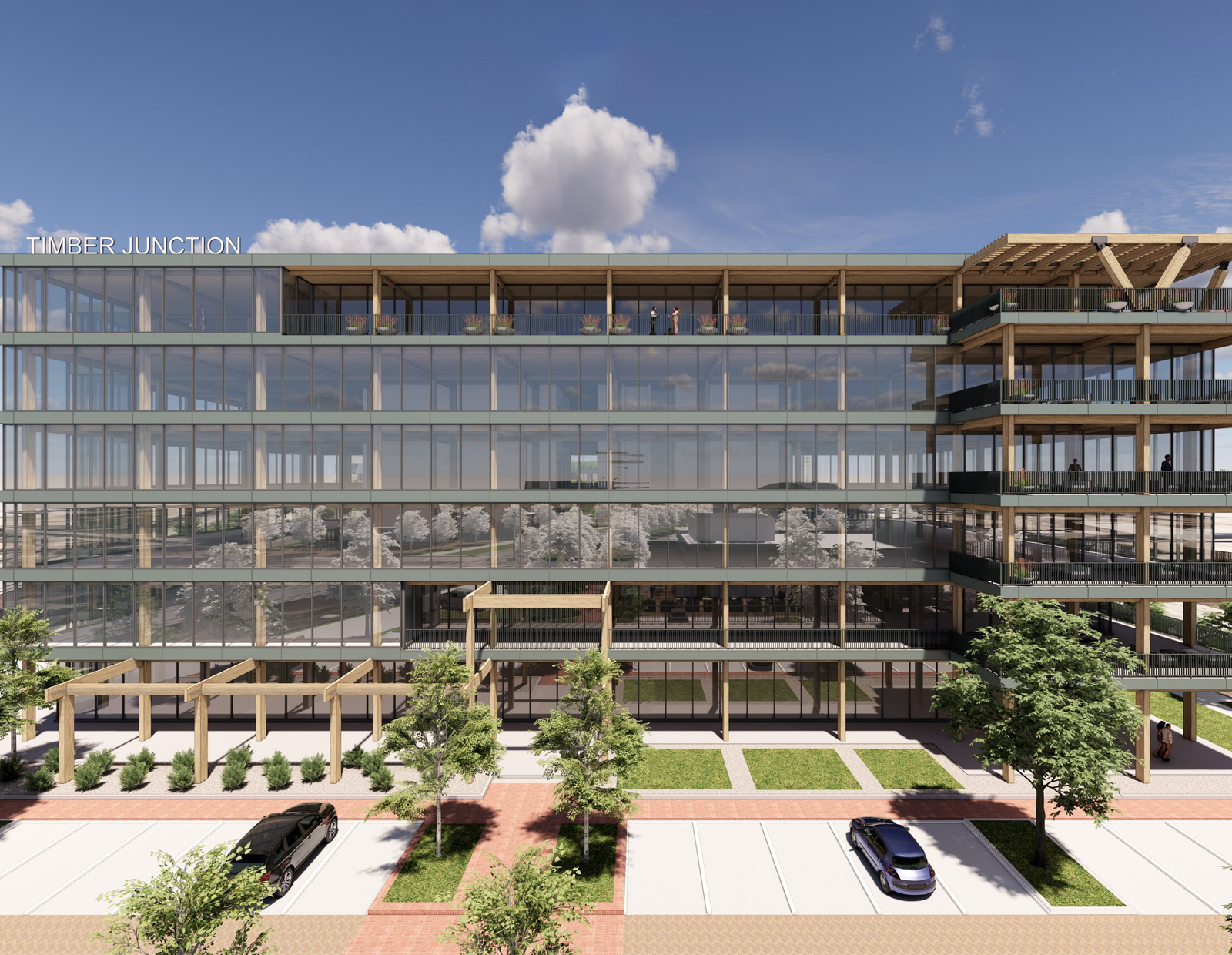
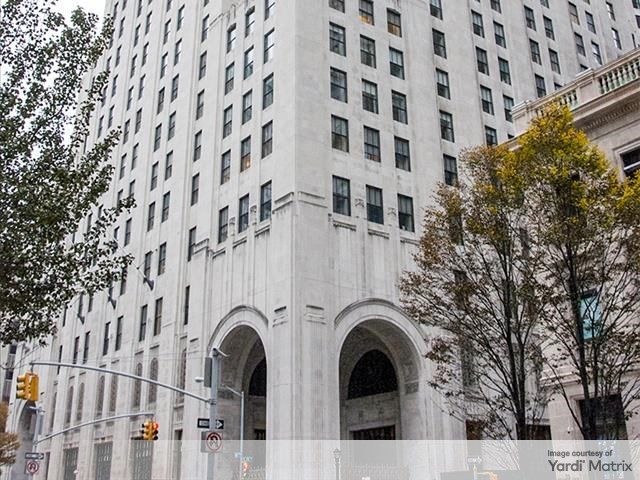
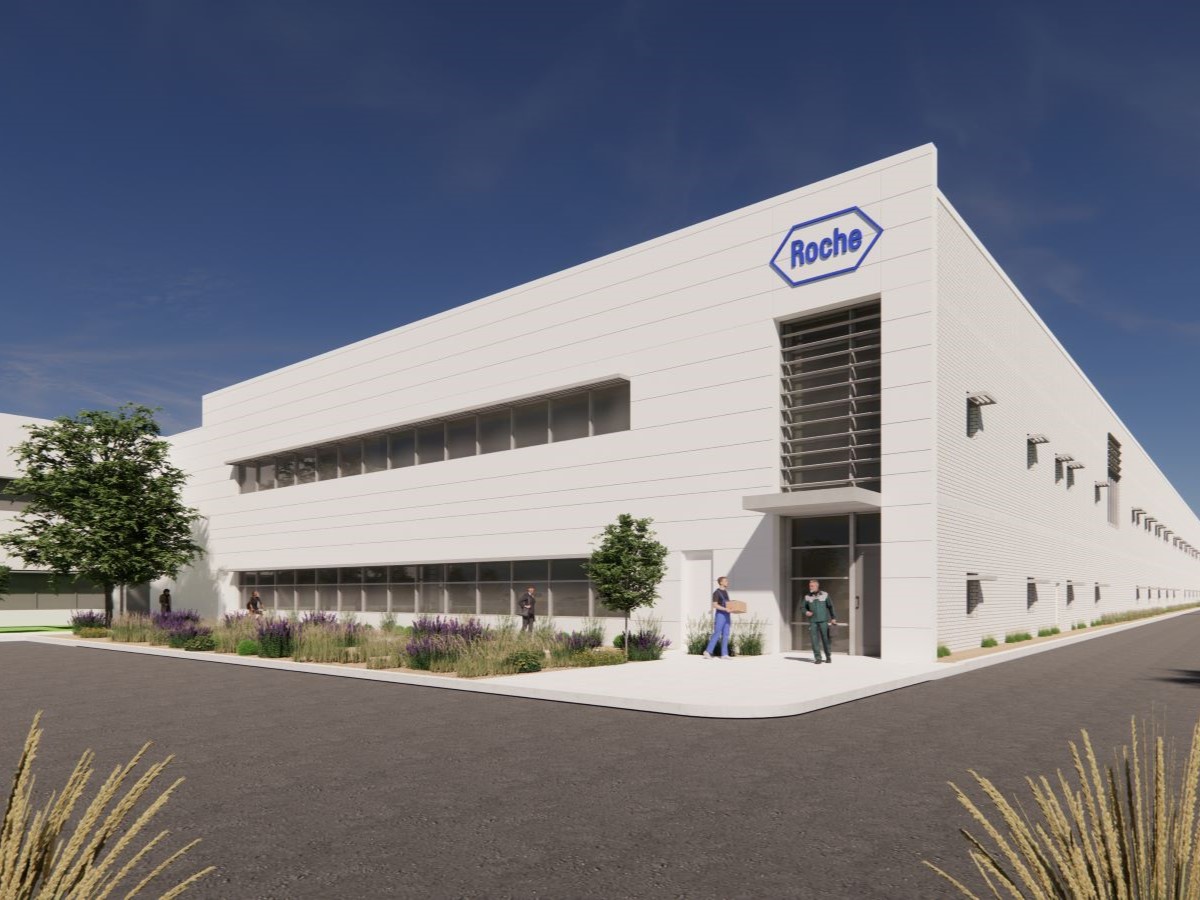
You must be logged in to post a comment.